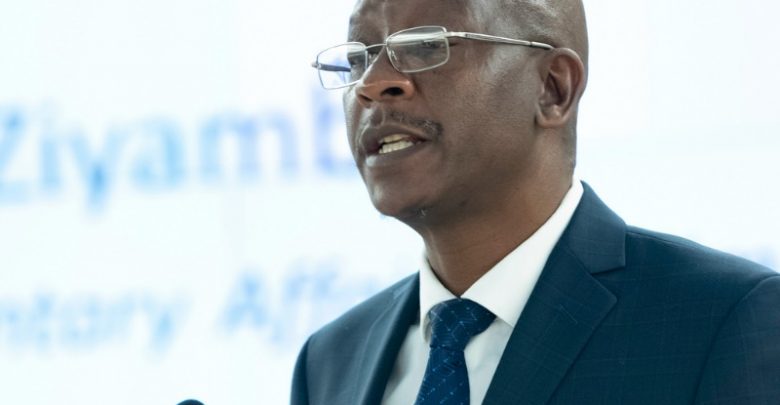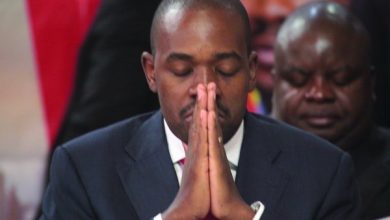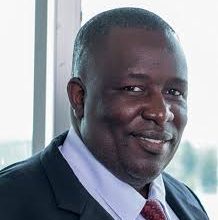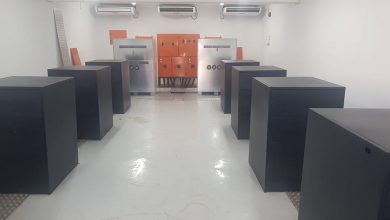Diaspora Vote: Is the government softening stance?

In what appears to be softening of stance, the government, which has in the past objected to diaspora voting citing lack of resources, has disclosed that it was assessing the feasibility of Zimbabweans domiciled outside the country casting their ballot in future elections.
Despite the new Constitution adopted in 2013 now providing for the diaspora vote, Zimbabweans living outside the country are still yet to be afforded an opportunity to vote without necessarily coming back home.
Current legislation limits diaspora voting rights to Zimbabweans who are on official government assignments, while everyone else has to physically present themselves at their registered polling stations.
However, Justice, Legal and Parliamentary Affairs Minister Ziyambi Ziyambi last week revealed that an international study would be commissioned next year, to determine whether Zimbabweans living abroad would be allowed to vote from their foreign bases.
He said the research seeks to establish how other jurisdictions are implementing the diaspora vote, adding that they expected to complete the study by June next year.
“Once we have seen how others do it, we will then be able to make a decision on whether we need to amend the law to give effect to it or not,” he said.
The Zimbabwe Elections Support Network (ZESN) in its recently published position paper on diaspora voting argues that it is high time the country embraced the concept considering the ever-growing number of citizens living abroad.
“It is estimated that close to three million Zimbabweans reside outside the country,” said ZESN.
“Past elections have disenfranchised a significant proportion of this eligible voting population outside the country.”
Chairperson of the Zimbabwe Community in South Africa, Ngqabutho Mabhena, welcomed the initiative by the powers-that-be as a step in the right direction towards full implementation of the 2013 Constitution.
“We welcome the initiative that has been announced by the government that there will be a research to determine whether the Diaspora vote will happen in the 2023 elections,” said Mabhena.
“We are of the view that Zimbabweans in the Diaspora must participate in the electoral processes in Zimbabwe to be allowed to cast votes in the countries where they are currently resident. We welcome this and we hope that this research will be done honestly.”
He said there was a need for the government to move with speed in implementing the Constitution.
“We have always said that the government of Zimbabwe must implement the 2013 Constitution, which speaks to the Diaspora votes. Whether they are softening their stance or implementing, what is important to us is that there must be movement around the question of Diaspora votes,” he said.
Mabhena said chances were very high that many Zimbabweans living in South Africa would participate once the Diaspora vote is introduced.
“We carried out a campaign in 2018 in Johannesburg and a number of people did indicate that they were not registered as voters but said if they were allowed to vote in South Africa they would certainly register and become voters. So this initiative is an initiative which is supported by the majority of Zimbabweans in the Diaspora who by the way have kept the Zimbabwean economy going by sending their remittances back to Zimbabwe thereby participating in the rebuilding of the economy,” he elaborated.
He added: “The Diaspora vote is important in that the government cannot continuously ask Diasporas to participate in the rebuilding of the economy when it denies them the right to participate in who should lead the country.”
Khanyile Mlotshwa, a political analyst, also welcomed the move by the government.
“I am not sure what the study entails, but I thought it would be easy to go to those countries with a diaspora vote and find out how they do it. I think that is the easiest way of doing it,” said Mlotshwa.
He said the diaspora vote was important especially considering that the government has of late been emphasising investment by Zimbabweans in the Diaspora and not their political rights.
“It has been said that taxation without representation is tyranny and in that sense the Zimbabwean government has been very tyrannical in its approach to its Diaspora nationals,” posited Mlotshwa.
Asked whether the government was softening its stance, Mlotshwa had this to say: “I think if we use the language of softening, we give the government too much power, which it is clear it does not have.”
He added Diaspora vote would benefit the government more than those who want it, adding it would boost the country’s international image as a democratic country.
“If it is true that there are over two million Zimbabweans out of the country, the issue of a Diaspora vote is very important because that is a huge number of people who make up a number of constituencies in the country,” said Mlotshwa.
“This number can swing who becomes the president and who loses, so the Diaspora vote is very significant and important.
Another political analyst, Fortune Mlalazi, told CITE, Diaspora vote is an important factor in the enhancement of democracy.
“There are a number of issues that we need to raise. In fact I am actually shocked at what feasibility study are they (Government) conducting,” he said.
Mlalazi said while it would be much easier for the government to carry out a Diaspora vote in overseas countries such as the United Kingdom, United States, Canada and others where the stay of Zimbabweans is legal, the same cannot apply to neighbouring countries in which for the majority, the stay is illegal.
“How do you have illegal Zimbabweans that run into millions, voting in South Africa? I think it will be very difficult,” said Mlalazi.
He also said Diaspora voting would pose challenges of vote-rigging, citing challenges that have been experienced in postal voting.
“How do we make sure that the votes are not stolen since these guys (ZANU-PF) are very good at stealing votes? What more of those that will be coming from outside the country? Who will be the custodian of those votes? It is a very difficult and tricky thing for us to deal with,” he added.






